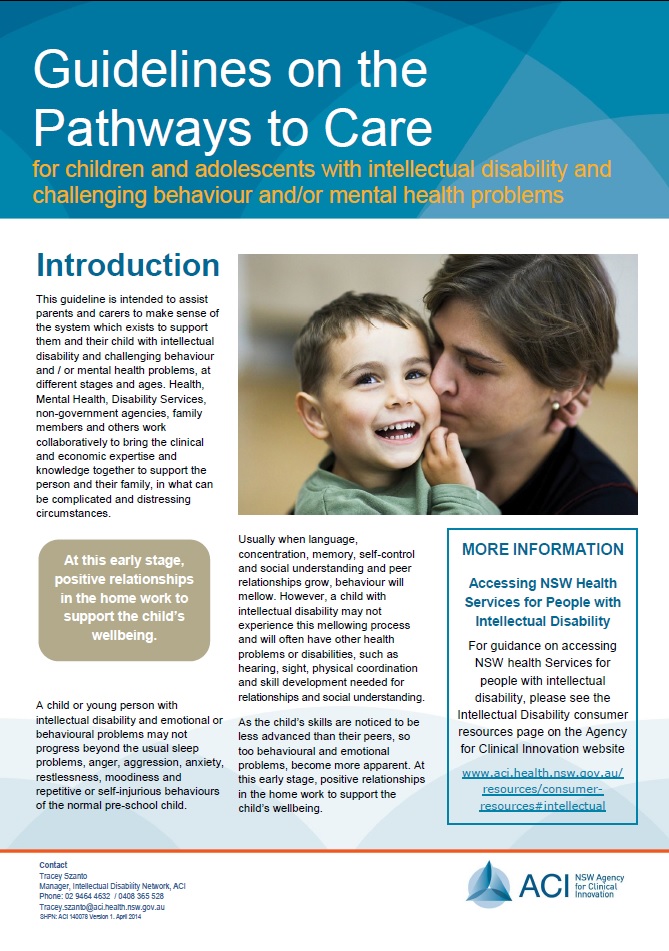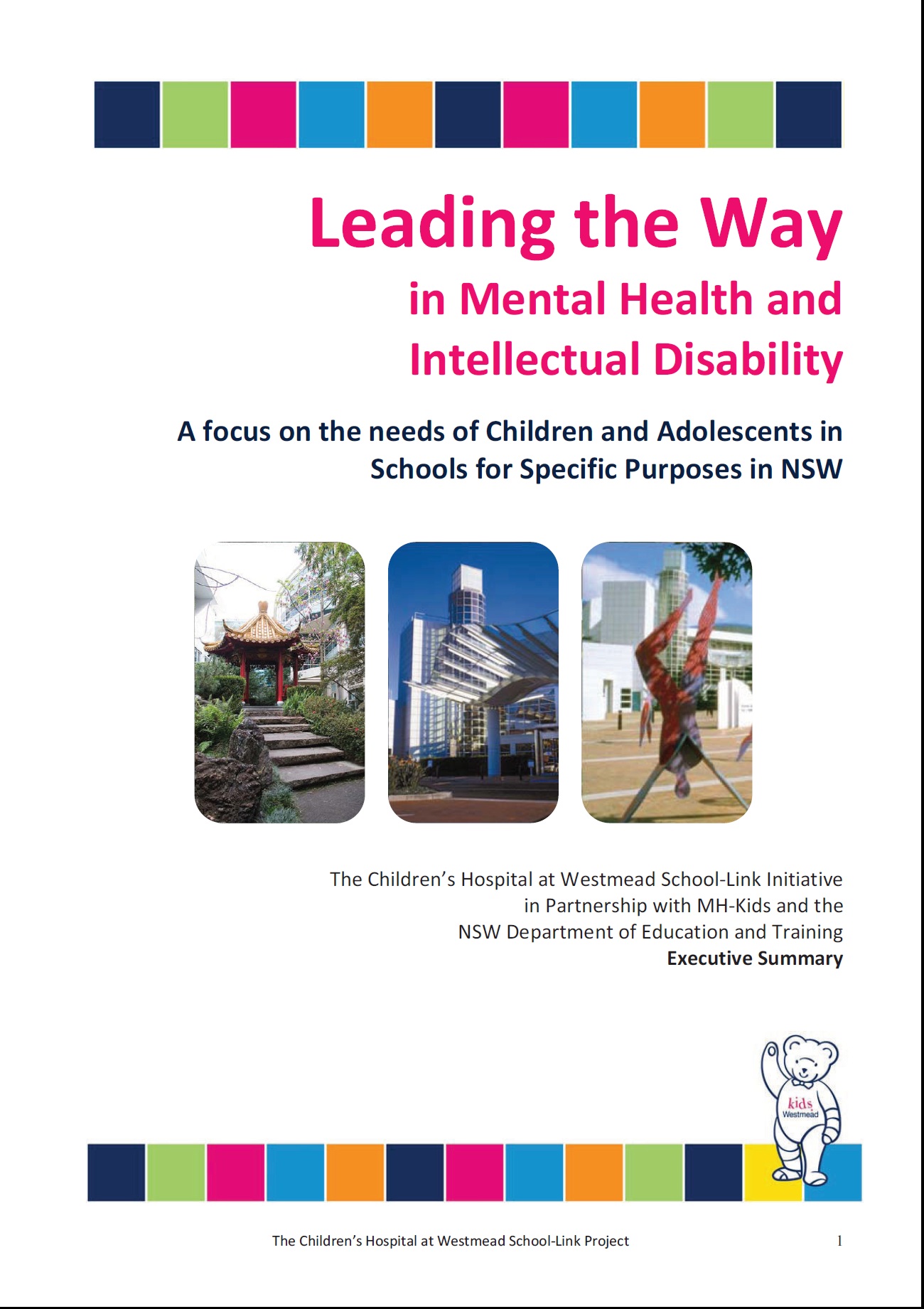Behaviour Tip Sheets
SCHN School-Link have partnered with SAL Consulting to provide accessible and up to date information on mental health topics for carers (staff and parents) of children and adolescents with an intellectual disability and/or Autism Spectrum Disorder.
The tip sheet topics include anxiety, managing aggression, navigating adolescence, sensory processing difficulties, and self-injurious behaviour. Each topic, within the context of intellectual disability and/or autism, outlines what the behaviour of concern is, possible treatments, where to go for help, and links to more information and resources.
The development of each information sheet was made in collaboration with feedback from carers, school and health professionals, and other stakeholders.
To make the sheets accessible, each topic is available in a long version (3 pages), a short version (2 pages), and will be translated into three languages: Arabic, Simplified Chinese, and Vietnamese.
Each tipsheet is currently in pilot mode. We welcome feedback from carers, health and school professionals, and people with a lived experience.
Available Tip Sheets
Anxiety: Why is my child anxious?
Aggression: Why is my child hurting others?
Self-Injury: Why is my child hurting themselves?






